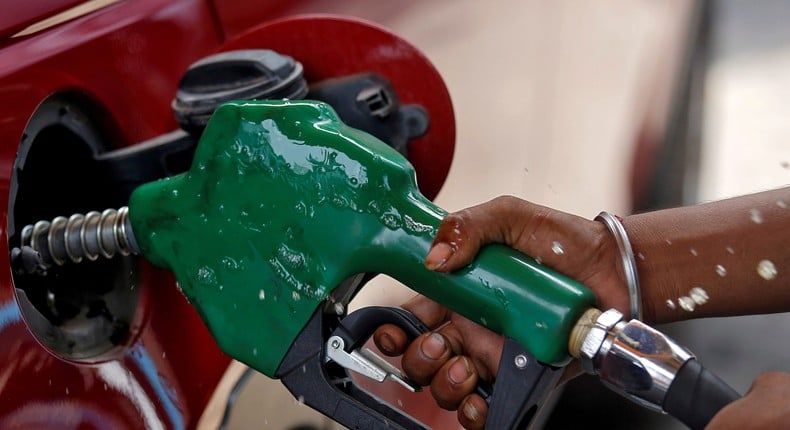The Ghanaian fuel landscape is currently a subject of debate, with conflicting narratives emerging from different stakeholders. The Ghana Chamber of Bulk Oil Distributors (CBOD) has confidently asserted that there is no imminent fuel shortage, assuring the public of ample fuel supplies at the port and anticipating increased imports in the near future. CBOD CEO, Dr. Patrick Ofori, highlighted ongoing vessel discharges and projected the arrival of 100,000 metric tonnes of petrol within the next two weeks, emphasizing the absence of any capacity or financial constraints among their members. While acknowledging the impact of the previous government’s Gold-for-Oil policy, which prioritized imports by the Bulk Oil Storage and Transportation Company Limited (BOST) over private Bulk Distribution Companies (BDCs), Dr. Ofori expressed confidence in the current supply situation and urged the government to maintain the Bank of Ghana’s forex initiative to stabilize the cedi, further supporting import operations.
In contrast, the Chamber of Oil Marketing Companies (OMCs) has issued a stark warning of a potential fuel shortage, attributing the looming crisis to the suspension of the Gold-for-Oil program and the operational halt of Sentuo Oil’s refining activities. OMCs CEO, Dr. Riverson Oppong, argued that the peak of the Gold-for-Oil program, while seemingly beneficial, foreshadowed a subsequent decline, a warning he claims the government disregarded. The cessation of Sentuo Oil’s refining capacity, coupled with the reduced reliance on BDC imports under the Gold-for-Oil initiative, has created a supply gap, particularly for Premium Motor Spirit (PMS), according to Dr. Oppong. This divergent perspective raises concerns about the accuracy of current fuel stock assessments and the potential for an impending shortage.
The core of the disagreement lies in the interpretation of the Gold-for-Oil program’s impact. The CBOD acknowledges that the program favored BOST imports but maintains that current supplies and anticipated imports are sufficient to meet demand. The OMCs, however, argue that the program’s peak masked an underlying vulnerability and that its suspension, combined with the Sentuo refinery shutdown, has exposed the true fragility of the fuel supply chain. This contrasting viewpoint underscores the need for a comprehensive and transparent assessment of the current fuel reserves and import projections to clarify the situation.
Furthermore, the debate highlights the complexities of managing a nation’s fuel supply, particularly in a context of fluctuating global oil prices and domestic policy shifts. The Gold-for-Oil program, conceived as a means to secure fuel supply and stabilize the cedi by using gold reserves to purchase oil, presents a unique case study. Its initial success, as perceived by the previous government, may have inadvertently created a dependence that left the market vulnerable when the program was suspended. The OMCs’ concerns about the program’s long-term sustainability appear to be materializing with the reported fuel shortages.
The government’s decision to maintain the Bank of Ghana’s forex initiative, as advocated by the CBOD, could play a crucial role in mitigating the potential crisis. A stable currency facilitates imports and allows BDCs to procure fuel at more predictable prices. However, the effectiveness of this measure hinges on the availability of foreign exchange reserves and the government’s ability to manage exchange rate fluctuations effectively. The interplay between monetary policy and fuel supply underscores the interconnectedness of economic sectors and the importance of coordinated government action.
Ultimately, resolving the current uncertainty requires clear communication and data transparency. A comprehensive audit of national fuel reserves, coupled with realistic import projections, is essential to inform policy decisions and reassure the public. Further dialogue between the CBOD, OMCs, and the government is crucial to bridge the gap between their respective assessments and develop a cohesive strategy for ensuring a stable and secure fuel supply for Ghana. The conflicting narratives highlight the importance of independent verification and ongoing monitoring of the fuel sector to prevent future crises and maintain economic stability.














